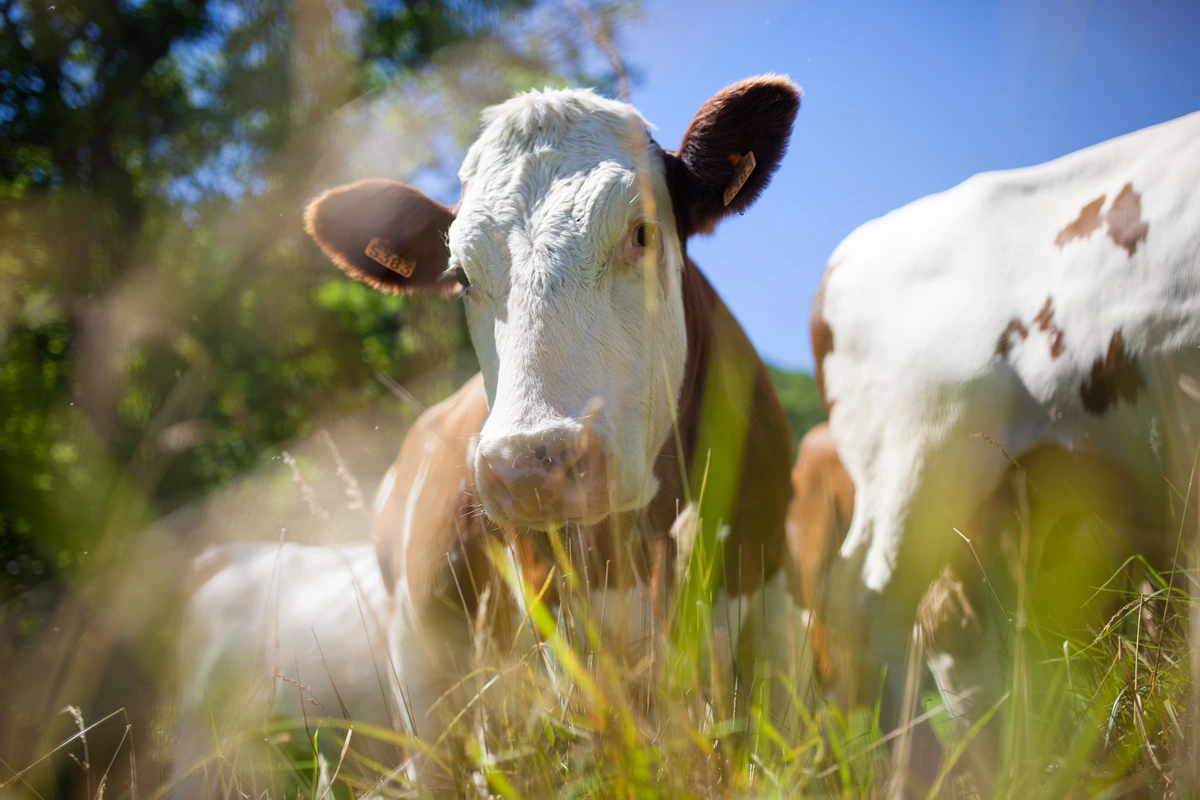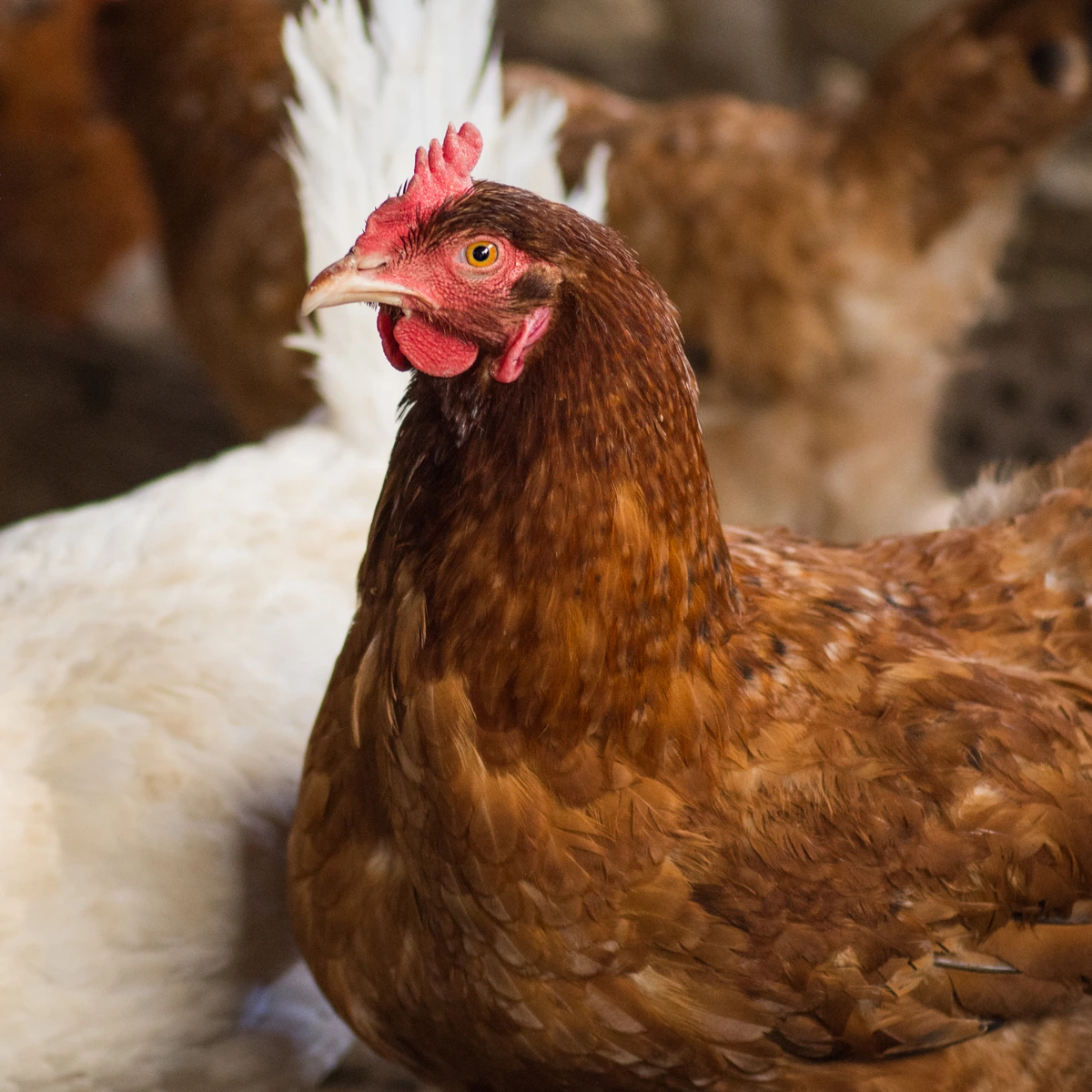The ideal protection plan for animals and livestock
Livestock insurance is an important form of financial protection for livestock farm owners and animal lovers. Whether you run a large farm or just own a few animals, this insurance provides peace of mind in the event of unforeseen circumstances.
Why is livestock insurance important?
Raising animals requires dedication, but even the best care can’t prevent all risks from happening. Illnesses, injuries and accidents can jeopardize your production and lead to significant financial losses. With DDOR’s livestock insurance, make sure you’re getting the best protection which allows you to continue your work even in difficult situations.



